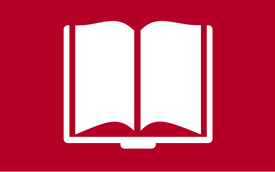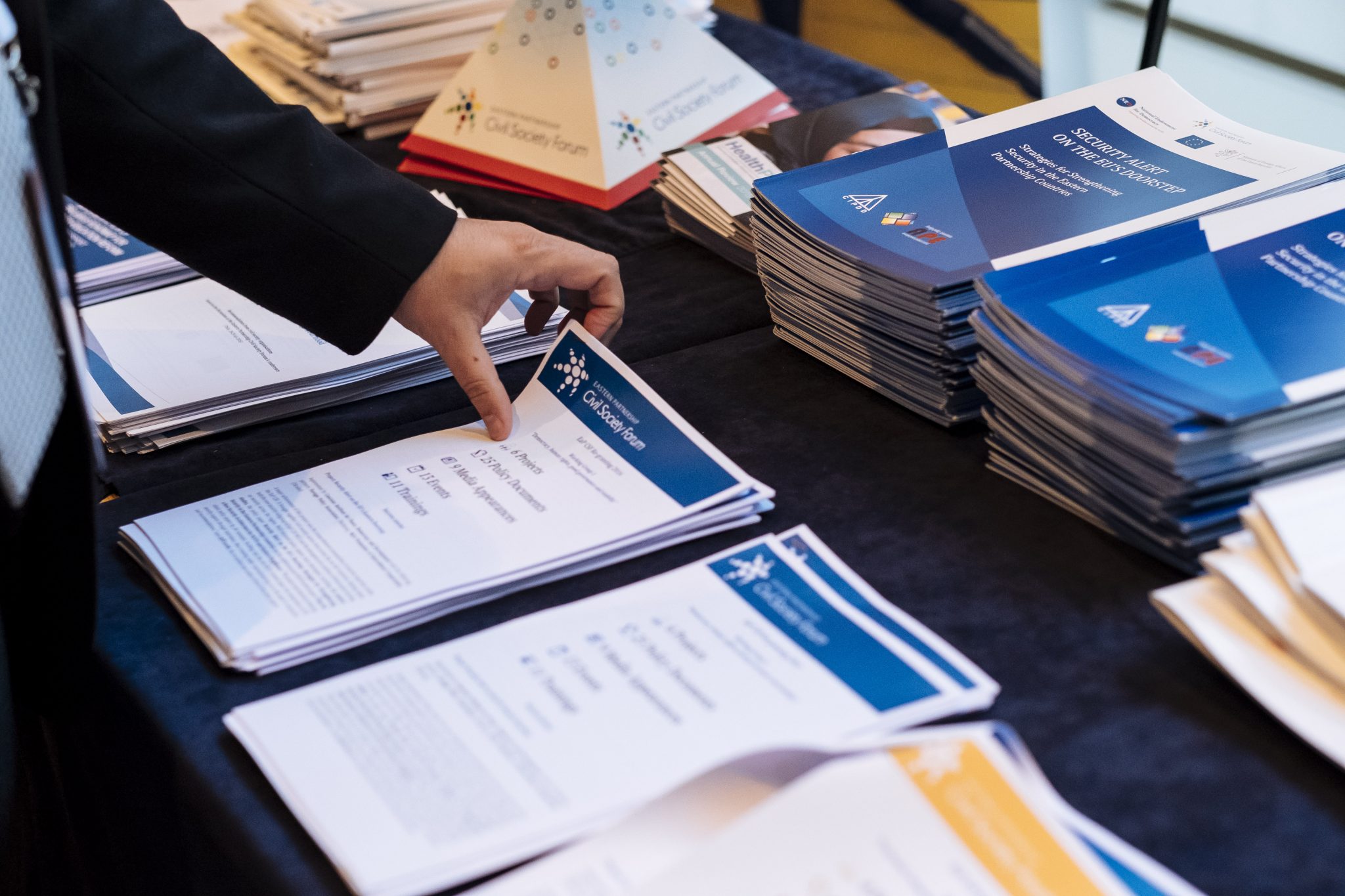As major developments are expected in the EU’s relations with the Eastern Partnership countries by next year’s Eastern Partnership Summit, the European Commission and the European External Action Service released a joint working document which aims to identify 20 key deliverables for 2020 in the framework of the priorities agreed at the Riga Summit.
Each deliverable contains milestones to be reached by the next EaP Summit in November 2017 and targets to be achieved by 2020, along with implementation modalities and a list of the main actors involved. These deliverables represent a work plan which will guide the EU’s actions in the next phase of the Eastern Partnership until 2020 and will cover four key priority areas:
- economic development and market opportunities;
- strengthening institutions and good governance;
- connectivity, energy efficiency, environment and climate change;
- mobility and people-to-people contacts.
Through this working document, developed in the framework of the EU Global Strategy and the revised European Neighbourhood Policy, the EU outlines the potential of civil society in the Eastern Partnership as the major cross-cutting deliverable. Therefore, the EU proposes that “a more structured engagement with a wider range of civil society organisations will be pursued, thus enabling partner governments to better implement the modernisation process by tapping into the innovation potential of CSOs.” The EaP CSF will play a key role in this framework as one of the targets for 2020 is to have a “well-functioning and regular multi-stakeholder policy dialogue through the Eastern Partnership Civil Society Forum and its National Platforms.”
Furthermore, another purpose of this working document is to encourage gender equality in line with the provisions of the EU Gender Action Plan (GAP II) as well as to provide a framework in which EaP countries will be more involved in achieving the goals set up by the UN 2030 Sustainable Development Goals and the Paris Agreement on Climate Change. In order to increase its credibility among the citizens of EaP countries as well as to tackle disinformation in the region the EU will provide “a better, clearer and tailored-made strategic communications”.




